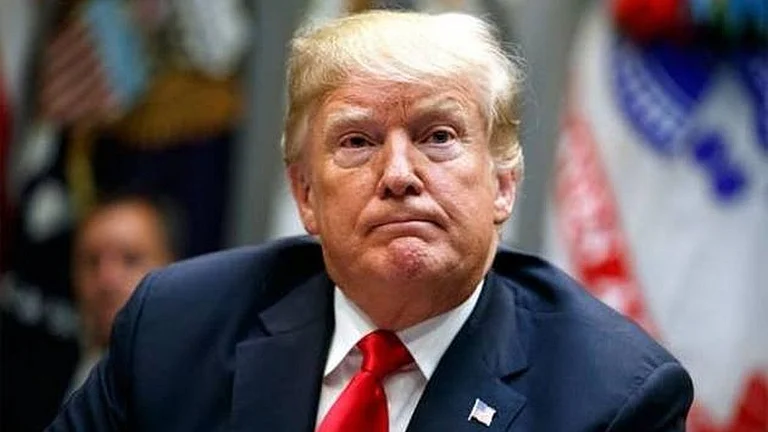US President Donald Trump has officially revoked the long-standing de minimis trade rule for China and Hong Kong, according to a report published by Reuters. Its termination scraps duty-free privileges for millions of low-value shipments. The decision came into effect on May 2 at 12.01 am ET.
Blow to Shein, Temu! Donald Trump Closes Trade Loophole: De Minimis Rule Explained
US President Donald Trump has revoked the de minimis trade rule for China and Hong Kong, eliminating duty-free privileges for millions of low-value shipments
It is a crucial escalation in Trump’s broader strategy to reform trade regulations and and target the unfair competition practices from foreign sellers. The New York Times reported that the trade rule has allowed firms like Shein and Temu to send duty-free products by mail flooding the United States, usually valued at under $800.
What Is De Minimis Rule And Why Is It Targeted Now?
The de minimis trade rule was first introduced in the Tariff Act of 1930 to refrain returning American tourists from duty on small foreign purchases. However, it now covers all low-value international shipments. In 2016, Congress raised the threshold to $800 per recipient per day, leading to a ten-fold surge in duty-free imports.
Ecommerce giants like Shein, Temu, and numerous Amazon merchants have exploited this tariff loophole to bypass tariffs and reduce costs, particularly in response to Trump’s earlier tariffs on Chinese goods.
While announcing the tariffs on other countries, the Trump administration attributed the national security and economic issues for terminating the rule. Authorities pointed to the sharp rise in duty-free Chinese imports --- from $5.3 billion in 2018 to $66 billion in 2023 --- as a significant loss in revenue.
They also linked the loophole to the fentanyl crisis, arguing that the sheer volume of packages overwhelmed custom agents which made it harder to intercept illegal drugs. Meanwhile, traditional US retailers, which pay duties on bulk imports, have long opposed the provision, calling it an unfair advantage for Chinese businesses.
What Are New Tariff Rules?
After June 1, goods transported through the postal network will pay duty rates of 30% of their value or $25 per item, increasing to $50. Now, carriers will be required to provide detailed shipment data to US Customs and Border Protection (CBP), hold a carrier bond, and remit duties on a set schedule. CBP will also have the authority to mandate formal customs entry for any parcel.
As per Reuters report, Commerce Secretary Howard Lutnick confirmed that systems are in place to efficiently collect duties, a key prerequisite for implementing the executive order. “De minimus is being stripped from China,” the report added.
Trump has long tied the crackdown to broader issues, including China's role in supplying chemicals used in fentanyl production. “They figured it out,” he said, referring to the logistical hurdles that had delayed the policy since February.
The White House has announced a 90-day review to assess the impact of the order and consider extending the restrictions to Macau.


